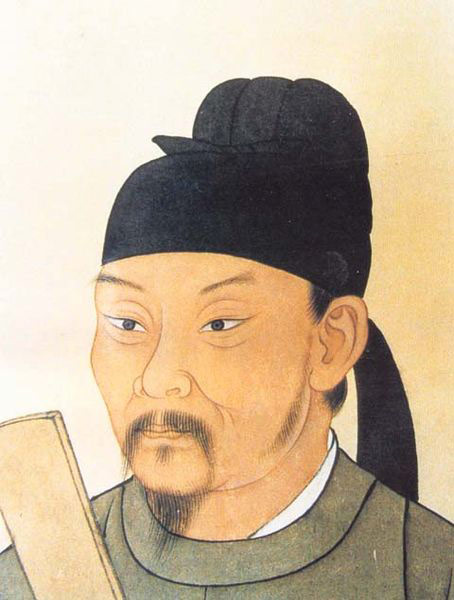Du Fu (712-770) was born close to Luoyang in Western Henan in China in 712. Like other famous poets of his time, Du Fu came from an aristocratic family. His family however lost their fortunes and they lived in poverty; despite earnings that were higher than what an average family earned during that period.
Du Fu lost his mother when he was still young and was raised by an aunt. He also lost his older brother around the same time. However, a number of his poems mention one half-sister and three half-brothers.
Religious Beliefs
There was no concrete evidence available regarding the poet’s religious philosophy. However, many believe Du Fu might have practiced Nestorian Christianity. This belief stems from the fact that Nestorian Christianity had become popular in China during the period. This is contradicted by some historians who feel this to be incorrect, since the poet’s works are not in praise of God or a divine creator. Instead his poems are more about nature and creations. For a Nestorian to have written such poems would not have been acceptable in that era.
Early Life
Du Fu’s father was an official and scholar of slight significance. The great poet spent his formative years studying with an aim of becoming a public servant. Education in those days emphasized the study of Confucian poetry, philosophy, and history.
In roughly 735, Du Fu went to Chang’an to participate in the civil service examination that he had been ardently studying for. He was unable to pass the exam and instead of returning home Du Fu started travelling to different regions within China. In the year 740 Du Fu’s father passed away. With his father’s sudden death Du Fu had an option of joining the civil services as the son of the deceased; instead he let one of his half-brothers take the job.
Family Life
He married in 752, and he and his wife together had five children. After their marriage they had a child every year and by 757 they had two girls and three boys. The couple lost their third child in 755.
Plagued by Health Problems
In 754 he developed respiratory problems which may have been related to asthma. As he grew older he started losing his eyesight and became deaf. He became considerably weak due to asthma and an incidence of malaria which he had contracted years ago.
Travels
In 762 the poet decided on moving back to Luoyang his birth place. He and his family travelled along the Yangtze River with the intention of moving back to Luoyang. However, his bad health slowed down the family. On the way to Luoyang they made Kuizhou their home and stayed there for two years.
Bo Maolin was appointed as governor of the province in 768. He lent financial support to the poet and his family during those trying times. This was a great help to the ailing poet and his family. Bo Maolin later employed the poet unofficially as his secretary.
Poetic Expressions
His best poetic works were written during his stay in Kuizhou. He was a wonderful writer and wrote almost 400 poems. The poems written in Kuizhou are amongst his greatest works. Most of his poems are based on nature. The famous poet’s work failed to be recognized in his time. It could have been because his poems were not given much exposure. Like most famous poets, Du Fu’s poems became popular and were appreciated only after his demise. Today Du Fu’s work is much appreciated and has been translated into many languages. The world regards Du Fu as a great poet. His contributions to the literature world have been immense.
Final Days
Du Fu was back to travelling in the spring of 768, and began his journey to his birth place. Unfortunately he could reach only as far as the province of Hunan. He became too frail and his health was too poor to be travelling.
He finally succumbed to the various ailments in December, 770. He was 59 years old at the time of his death. Du Fu was survived by his wife and two sons. The work of the great poet is well recognized today and is studied.
